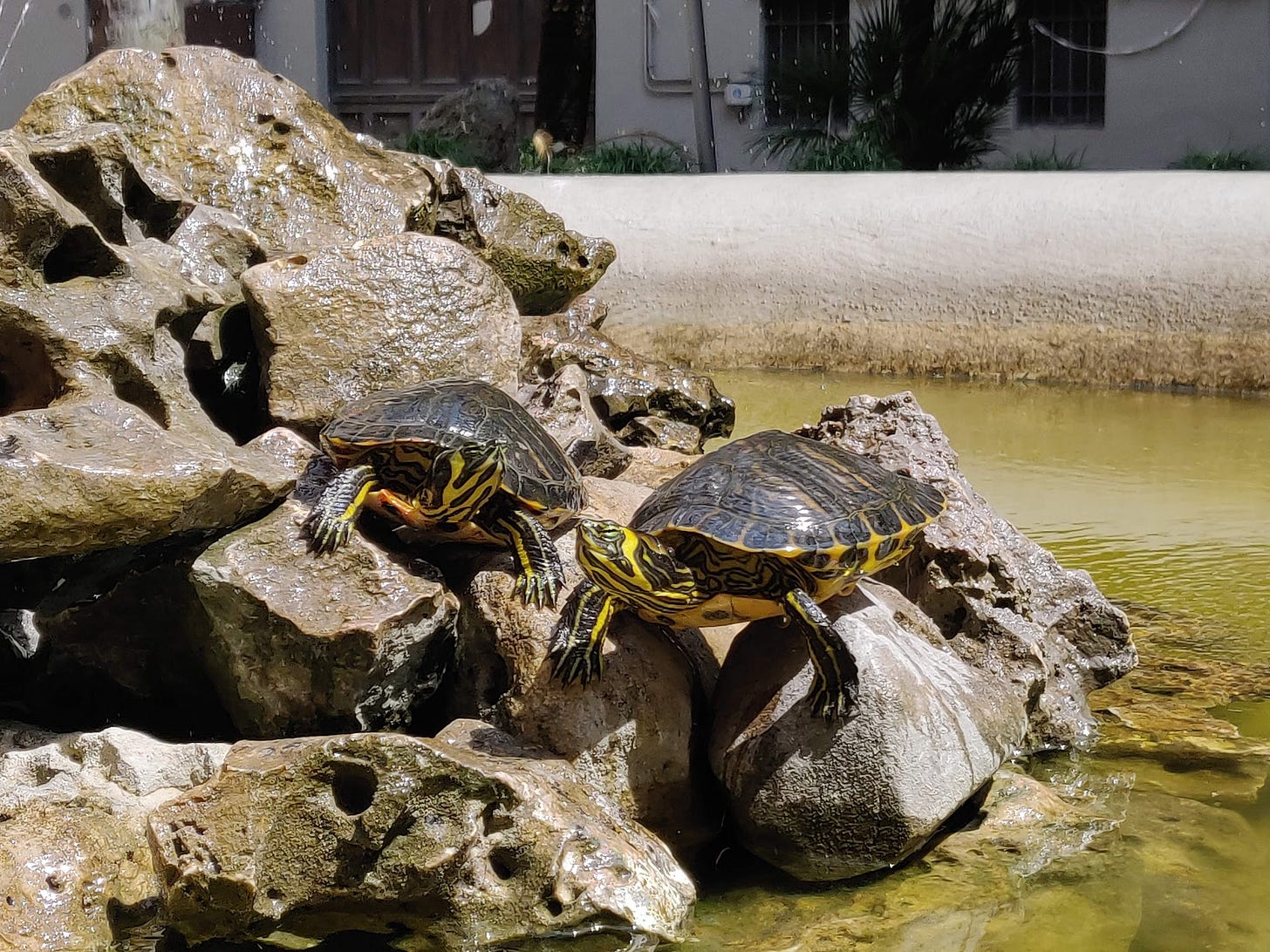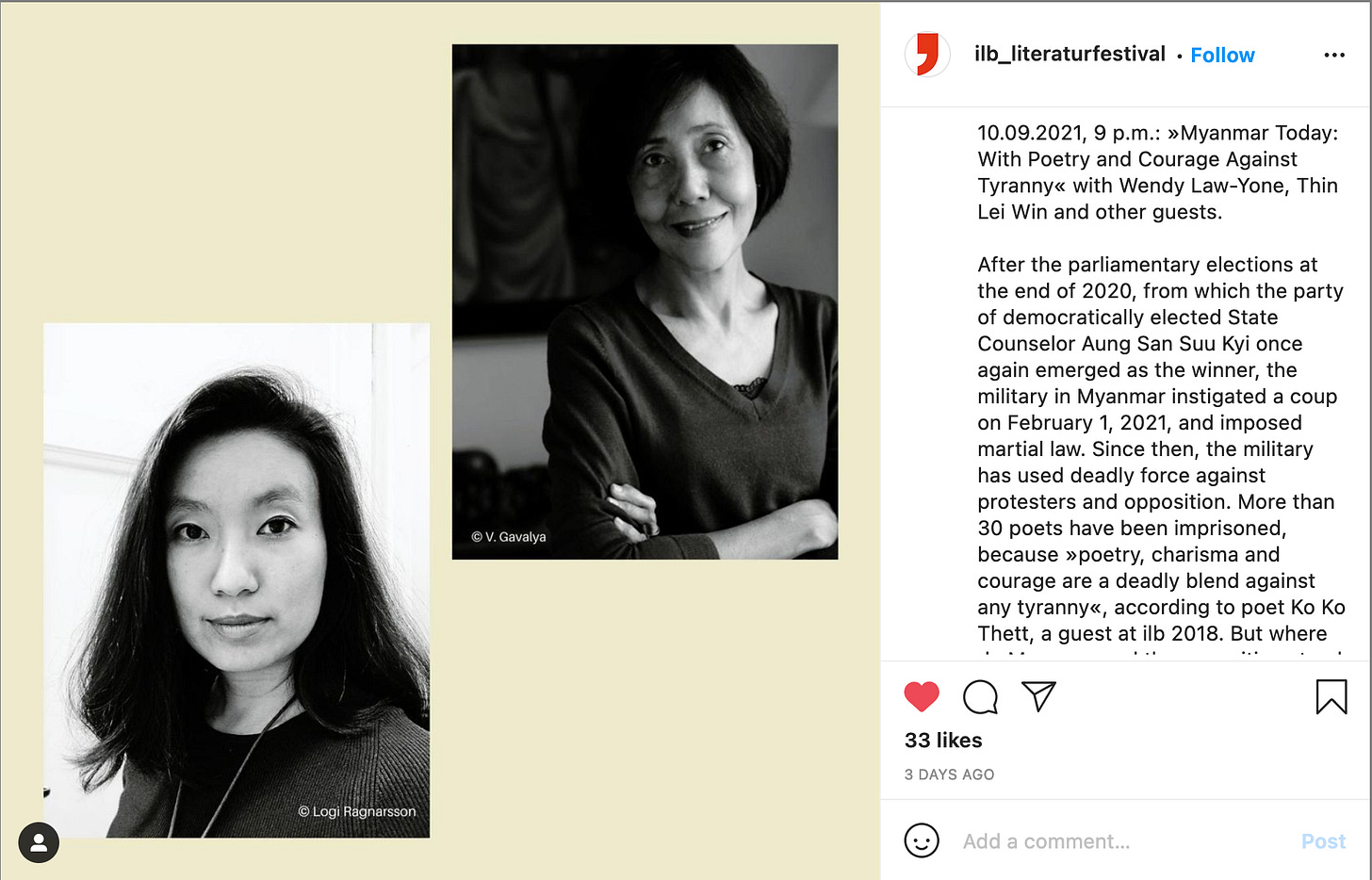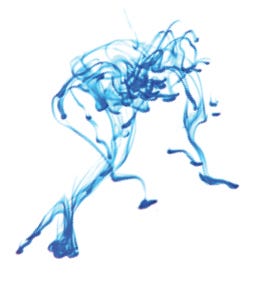Can you handle the truth?
A newsletter about food systems, climate change and everything connected to them
Big Ag vs. Antitrust
This piece by Dan Kaufman in the New Yorker, “Is it time to break up Big Ag?”, is a great #longread about how monopolisation and agricultural consolidation have brought much hardship to smaller farmers but untold wealth to opaque agribusinesses.
“Since 1982, the four largest beef-packing companies went from controlling about forty per cent of the market to controlling more than eighty per cent. The four largest seed manufacturers increased their market share from twenty-one per cent in 1994 to sixty-six per cent in 2018. As a result, farmers are paying more for inputs - seeds, fertilizers - while selling their goods for lower prices and to fewer competitive buyers,” he wrote.
The article’s focus though is on Dairy Farmers of America, the nation’s largest dairy cooperative. Even before it bought America’s largest milk processor in 2020, it was selling about a quarter of the country’s total milk in 2019.
Such transformations have led to political backlash, Curt Meine, an environmental historian at the University of Wisconsin, Madison, told Kaufman.
“Concentration fed and fuelled the politics of resentment, entrenched corporate power, depopulated the landscape, and weakened the autonomy and agency of farmers, consumers, local governments, and communities…. I think this is at the very heart of the rural-urban political divide.”
Donald Trump won rural America by a greater margin last year than he did in 2016, Kaufman wrote.
The story also looked at the history of antitrust legislation in the U.S., how efforts to tackle the meat industry failed after intense lobbying and a popular view that antitrust enforcement was socialism by stealth, and how it can perhaps be revived to break up Big Ag.
Obviously, it’s about American agriculture but the underlying concerns and issues are applicable pretty much everywhere else because market concentration of food systems is happening in both small and large economies and we should all be worried about how our basic needs for survival are in the hands of a few conglomerates.
Feeding the Truth… if you can handle it
Speaking of monopolies and opacity, newish research from U.S.-based non-profit Feed The Truth - it came out in late July but I’m including here because it’s relevant and important - looked at if and how the world’s 10 largest food and agriculture corporations disclose their political spending.
The Food and Agriculture Corporate Transparency (FACT) Index ranked these companies on a scale from 0 to 100: ADM, Bunge, Cargill, Coca-Cola Company, JBS, Mars, Nestle, PepsiCo, Inc., Tyson Foods and Unilever.
It looked at four categories - electioneering (political campaign contributions and how much spending goes to trade associations lobbying on behalf of brands), lobbying, science (spending on research or institutions that produce papers favourable to their products) and charitable donations.
The results? Not pretty at all. “All of the corporations have an alarmingly low level of political giving disclosure,” the organisation said in a press release.
“Even the highest ranking corporation, Coca-Cola, received only 39… thanks in part to its robust reporting in the U.S. (one of 200 countries it operates in).”
St. Louis-based Bunge, a company you may never have heard of despite an annual revenue of $414 billion, with 24,000 employees and operating in 40 countries, came dead last, with zero points in three out of four categories.
You can read the summary findings here and op-ed from the executive director here.
Raw Milk in Bra
I know, I know, it’s a juvenile joke but it was so obvious I couldn’t resist.
If you find yourself in Bra, Italy from Sep 17-20, then you’re in luck!
The fine folks at Slow Food, together with the city authorities, are putting on Cheese 2021 where the cheese on sale “whether cow’s, sheep’s or goat’s milk… will all have been made exclusively with raw milk from farms attentive to animal welfare, consistent with the Slow Food philosophy and the campaign that has defined Cheese since its first edition”.
The festival is free to access but you’d need to book tickets online for workshops and special dinners. Some of these are already sold out so you might want to get in quick. You do need a Digital Covid Certificate - aka the Green Pass - to attend.
The main website is here but if you want to see a list of events, check here.
Digging Up Dirt
This Q&A by the Center for Strategic and International Studies (CSIS) provides very good background for soil carbon sequestration and does a good job balancing the claims with the actual science, the potential with the pitfall.
Again, this was done for a U.S. readership, particularly because of the Biden administration’s interest in storing carbon in the soil as a key tool to reduce the nation’s greenhouse gas emissions, but the points made are applicable to many places looking at farming systems that boost the soil’s potential to sequester carbon.
Like I said in last week’s newsletter, these systems go by many different names - regenerative agriculture, agroecology, conservation agriculture, holistic farming. In some parts of the U.S. they just call it carbon farming.
Drought in Afghanistan
We’ve seen harrowing images of Afghans desperately trying to leave the country as the Taliban seized power. How about those left behind - the majority of Afghans who have no connections to developed nations and don’t have any claim to be settled elsewhere?
Well, they are in very dire conditions. As if the Taliban and COVID-19 aren’t a bad enough combination, “an ever-worsening drought is threatening the livelihoods of more than 7 million people who rely on agriculture or livestock,” the UN food and agri agency FAO warned just this week.
The current harvest of wheat, a staple crop, is expected to be 20% below 2020 levels and 15% below average as a result of the drought and 3 million animals are at risk.
Reuters also has a story on the drought with comments from the UN food aid agency WFP.
International Literature Festival Berlin (ilb)
This isn’t about food or climate but relates to my other passion - my home country of Myanmar - so bear with me briefly.
I’ll speaking about Myanmar at the ilb on the evening of Sep 10, together with Wendy Law-Yone, whose father was publisher of independent Burma’s first English-language newspaper before it was shut down in a 1962 military coup. Wendy is a noted author in her own right and has published multiple books touching on the themes of political upheaval and exile.
Come support us if you’re in Berlin, or better still, just keep talking about Myanmar. Please.
As always, have a great weekend! Please feel free to share this post and send tips and thoughts on twitter @thinink, to my LinkedIn page or via e-mail thin@thin-ink.net.






